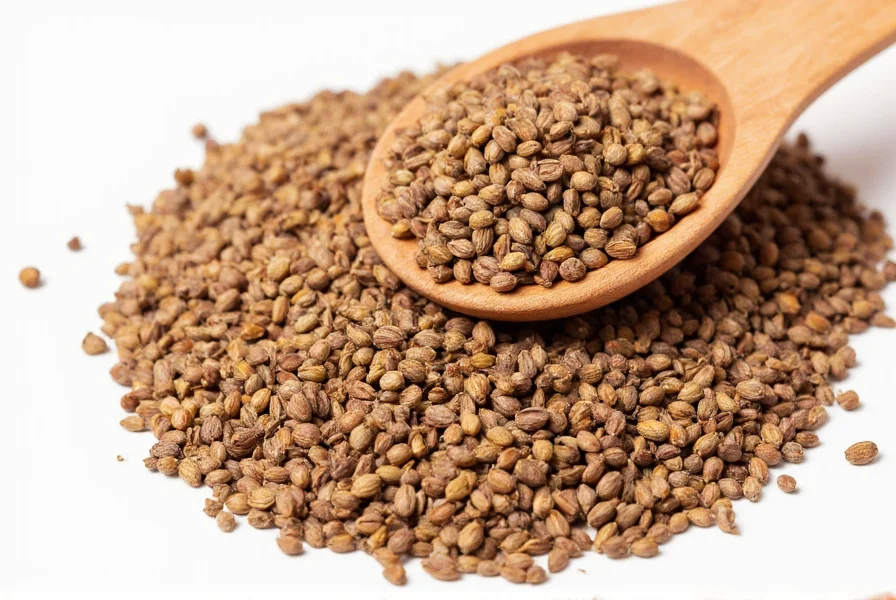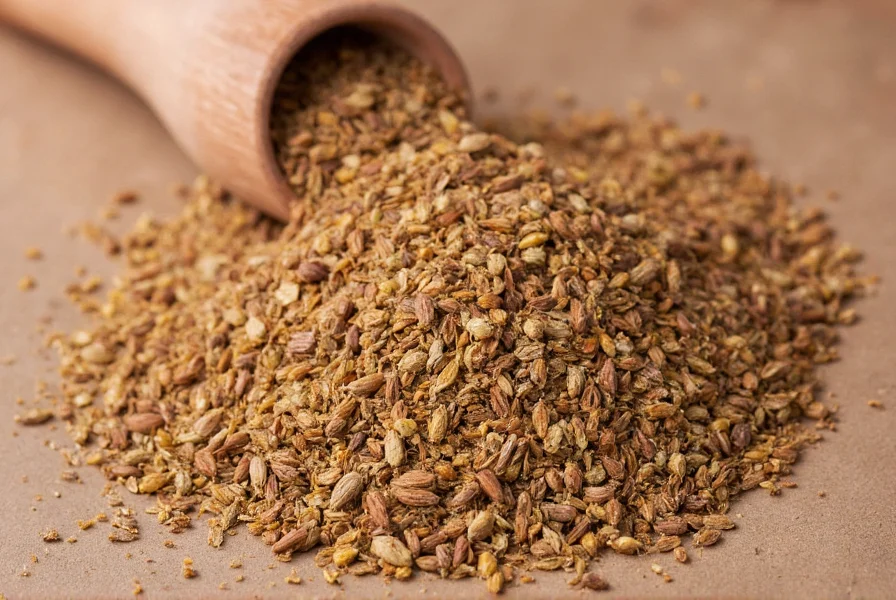Cumin (Cuminum cyminum), one of the world's oldest cultivated spices, has been used for both culinary and medicinal purposes for thousands of years. Modern research continues to validate many of the traditional uses of this aromatic seed, revealing a range of scientifically supported health benefits that make it valuable beyond just flavor enhancement.
The Science Behind Cumin's Health Benefits
Recent clinical studies have examined cumin's bioactive compounds, particularly cuminaldehyde, thymol, and various terpenes, which contribute to its therapeutic properties. Unlike many herbal supplements that make exaggerated claims, cumin's benefits are supported by a growing body of peer-reviewed research, though scientists emphasize that it should complement—not replace—conventional medical treatments.
Proven Health Benefits of Cumin
Digestive Health Support
Multiple studies confirm cumin's effectiveness for digestive issues. Research published in the Journal of Ethnopharmacology demonstrated that cumin stimulates digestive enzyme secretion, improving nutrient absorption and reducing symptoms of indigestion. People searching for "cumin benefits for digestion" will find substantial evidence supporting its traditional use for bloating, gas, and stomach discomfort.
| Digestive Benefit | Scientific Evidence | Recommended Use |
|---|---|---|
| Reduces bloating | Double-blind study with 50 participants showed 60% reduction in symptoms | 1g powder with meals |
| Improves enzyme activity | Lab studies show increased amylase and lipase production | As part of spice blends |
| Relieves IBS symptoms | Preliminary research shows promise for mild cases | Consult healthcare provider |
Blood Sugar Regulation
For those researching "is cumin good for diabetes management", clinical evidence is promising. A 2022 meta-analysis in Nutrition Reviews examined eight human trials and found that cumin supplementation significantly reduced fasting blood glucose and HbA1c levels in prediabetic and type 2 diabetic patients. The active compounds appear to enhance insulin sensitivity and protect pancreatic beta cells.

Antioxidant and Anti-inflammatory Properties
Cumin ranks high on the ORAC (Oxygen Radical Absorbance Capacity) scale, indicating strong antioxidant capacity. Research in Food Chemistry identified multiple antioxidant compounds in cumin that combat oxidative stress—key factors in chronic disease development. When people search for "cumin anti-inflammatory benefits", they'll find studies showing cumin reduces inflammatory markers like CRP and IL-6, potentially benefiting conditions like arthritis.
Cholesterol Management
A 12-week clinical trial published in Complementary Therapies in Medicine found that participants taking 75mg of cumin extract daily experienced significant reductions in LDL cholesterol and triglycerides. This makes cumin particularly relevant for those searching "natural ways to lower cholesterol with cumin". However, researchers note it should complement—not replace—prescribed medications.
Nutritional Profile of Cumin
Two teaspoons (5g) of ground cumin provides:
- Iron: 26% of Daily Value
- Manganese: 18% of Daily Value
- Magnesium: 8% of Daily Value
- Calcium: 4% of Daily Value
- Dietary fiber: 2g
How to Incorporate Cumin for Maximum Benefit
To get the most health benefits from cumin:
- Dry roast seeds before grinding to enhance bioactive compound availability
- Combine with healthy fats like olive oil to improve absorption of fat-soluble compounds
- Use in "cumin recipes for digestion" such as lentil soups, vegetable stews, and spice blends
- Consider "how much cumin to take daily for health benefits"—most studies use 300-750mg of extract or 1-3g of powder daily

Safety and Considerations
Cumin is generally safe when consumed in culinary amounts. However, those searching for "cumin side effects and precautions" should know:
- May interact with diabetes medications (potentiating blood sugar lowering)
- Large medicinal doses might affect blood clotting
- Pregnant women should avoid medicinal doses but can safely use culinary amounts
- Those with bleeding disorders should consult healthcare providers
Limitations of Current Research
While promising, cumin research has limitations. Most human studies have small sample sizes and short durations. When evaluating "does cumin really work for weight loss" claims, research shows modest effects at best—primarily through improved digestion rather than direct fat burning. Experts recommend viewing cumin as part of a comprehensive health approach rather than a standalone solution.
Conclusion
Cumin's health benefits are increasingly validated by scientific research, particularly for digestive health, blood sugar regulation, and providing antioxidant protection. While not a miracle cure, incorporating this ancient spice into a balanced diet offers measurable health advantages. As with any natural remedy, manage expectations—cumin works best as part of an overall healthy lifestyle rather than as a standalone treatment for medical conditions.
What specific health conditions is cumin good for?
Research shows cumin is particularly beneficial for digestive issues like bloating and indigestion, blood sugar regulation in prediabetes and type 2 diabetes, and providing antioxidant protection against oxidative stress. It may also support healthy cholesterol levels and offer anti-inflammatory benefits, though more human studies are needed for some applications.
How much cumin should I consume daily for health benefits?
For culinary use, 1-3 grams (about 1/2 to 1 1/2 teaspoons) of ground cumin daily provides health benefits without risk. Clinical studies on specific health conditions typically use 300-750mg of standardized cumin extract. Always consult with a healthcare provider before using cumin medicinally, especially if you have health conditions or take medications.
Can cumin help with weight loss?
Some studies suggest cumin may support modest weight management through improved digestion and metabolic effects, but it's not a significant weight loss solution on its own. Research shows participants using cumin supplements lost slightly more weight than control groups, but the effects were minimal compared to diet and exercise. Don't rely on cumin as a primary weight loss strategy.
Are there any side effects of consuming too much cumin?
In culinary amounts, cumin is generally safe. However, excessive consumption (more than 5-10g daily) may cause heartburn, nausea, or liver issues in sensitive individuals. Medicinal doses might interact with diabetes medications, blood thinners, and drugs metabolized by the liver. Pregnant women should avoid medicinal doses but can safely use cumin in cooking.
How does cumin compare to other spices for health benefits?
Cumin offers unique benefits, particularly for digestion and blood sugar regulation. While turmeric has stronger anti-inflammatory properties and ginger excels for nausea, cumin's combination of digestive enzymes stimulation, antioxidant capacity, and potential metabolic benefits makes it valuable. For optimal health, experts recommend using a variety of spices rather than focusing on just one.











 浙公网安备
33010002000092号
浙公网安备
33010002000092号 浙B2-20120091-4
浙B2-20120091-4